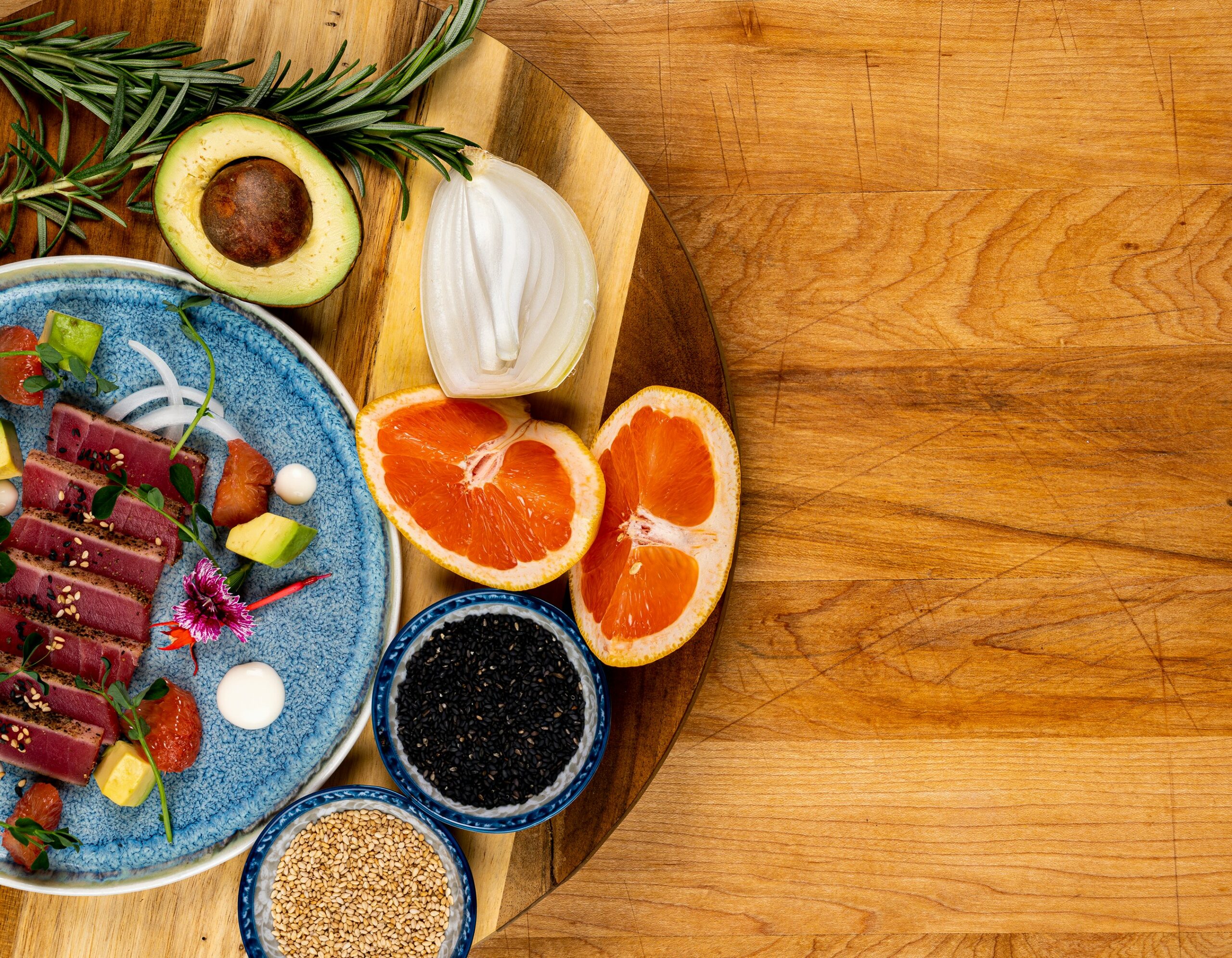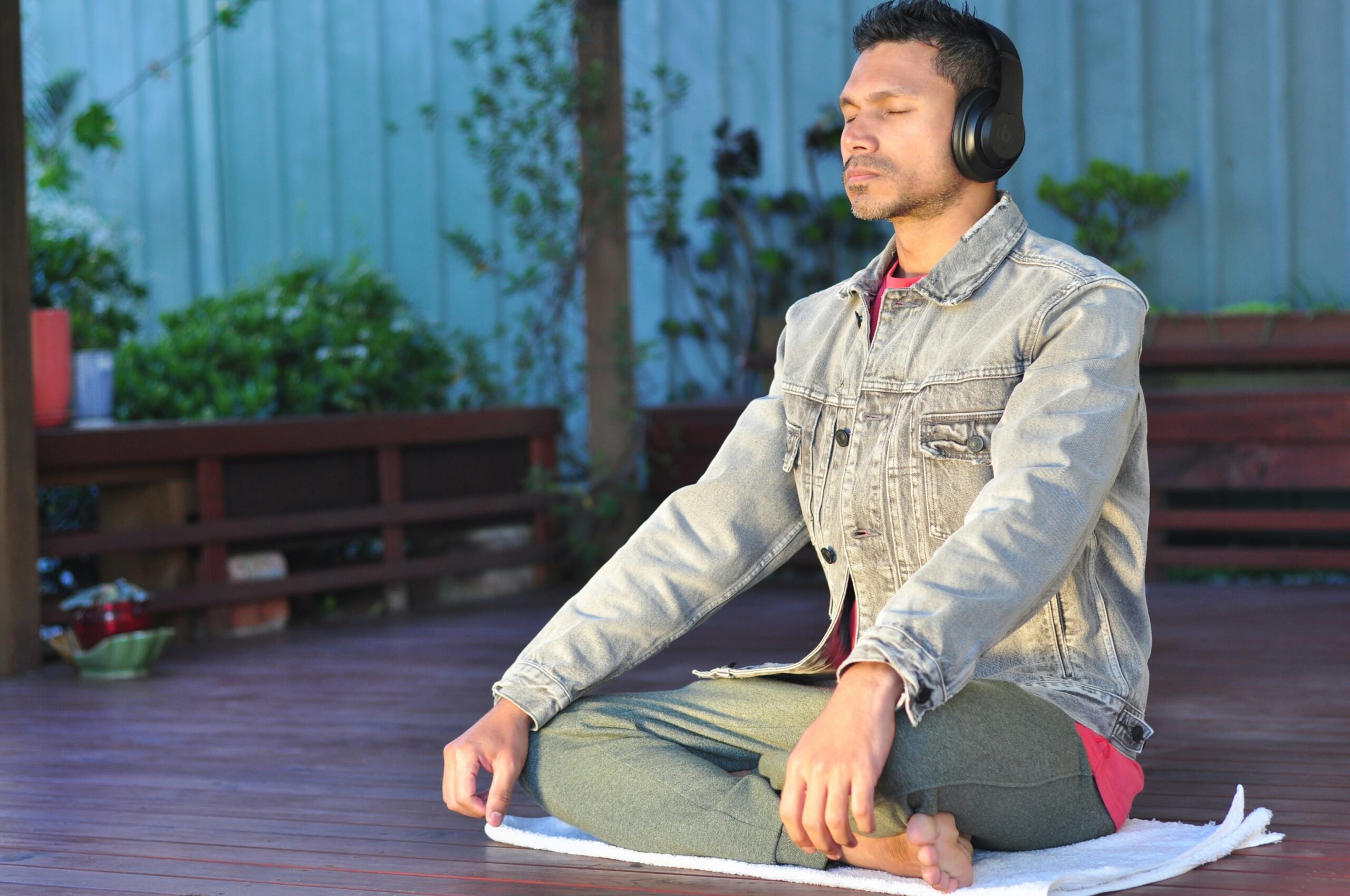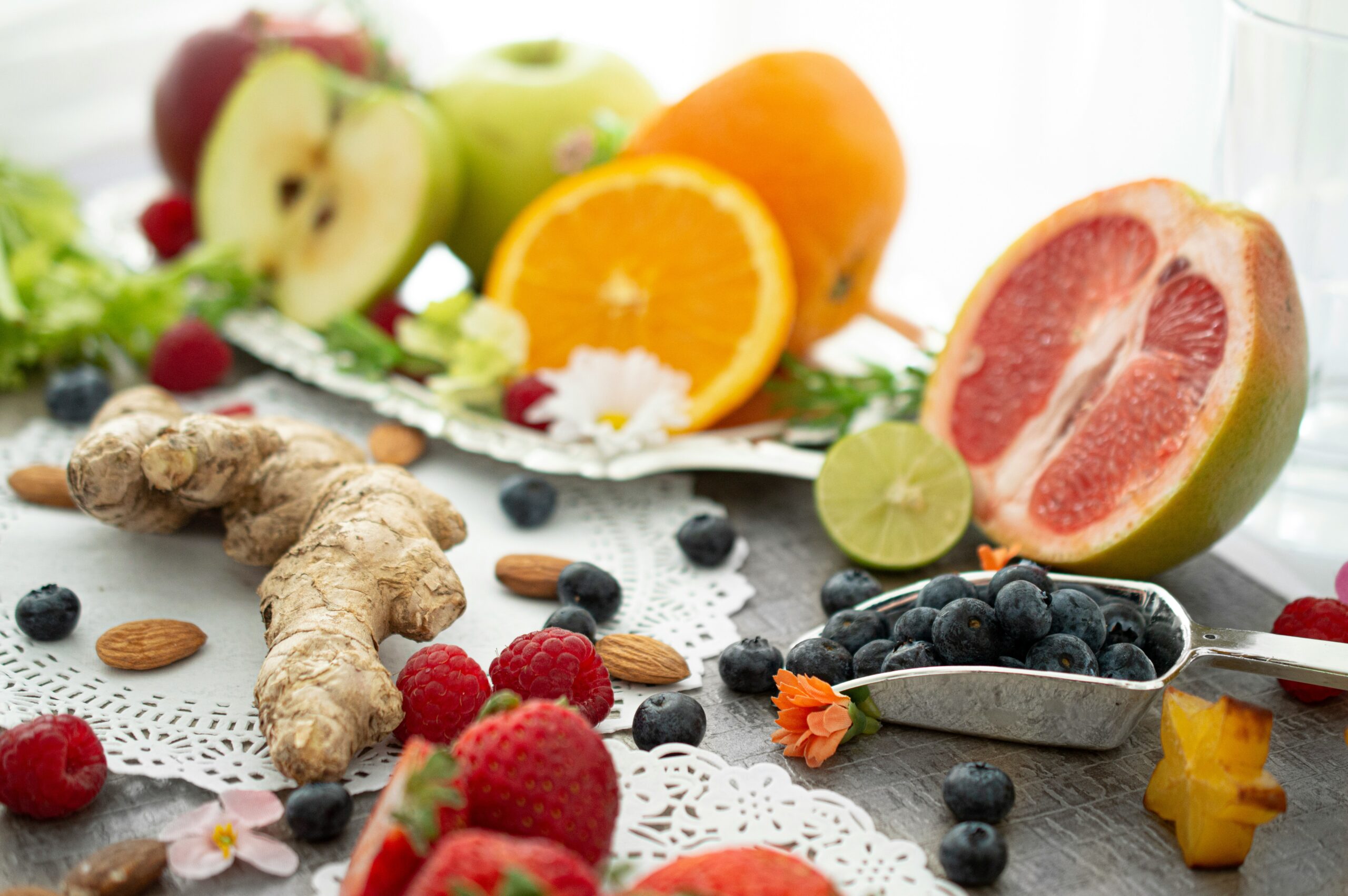Health Breakthrough: 3 Revolutionary Tips for Lifelong Child Health

Introduction
In a world where the overweight of children, mental health and preventive diseases is increasing, the parents are looking for reliable, science -supported strategies to make their children strong, happy and flexible. The truth is that lifelong health is not done overnight – it has been in shape from the first years through persistent habits, informed alternatives and a deeper understanding of a child’s physical, emotional and cognitive development.
Go into a groundbreaking shift in childhood: A new wave of health innovation that changes how we care for our children. Now is not limited to basic nutritional advice or regular vaccination, modern approaches to children’s health highlighting revolutionary insights from transcendence-these promises not only prevention of the disease, but the optimal growth and long-term vitality.
Here we unveil three revolutionary tips that represent a real health success in child growth. These are not volatile trends or unprovoked remedies-they are evidence-based, practical and powerful tools that all parents can use today to lay the foundation for lifelong welfare.
Table of Contents
1. Prioritize Gut Health: The Hidden Engine of Immunity and Brain Development
When we think about hair health, we often focus on diet, sleep and exercise. But one of the most exciting boundaries in pediatric medicine lies below the surface today in the intestinal microbioma.
Recent studies have shown that the gut of a child is directly associated with the risk of chronic diseases such as immune function, mood regulation, cognitive performance and even chronic diseases such as asthma, allergies and diabetes. In fact, research published in Nature Medicine suggests that infants with different gut bacteria by age are much less likely to develop autoimmune disorders in life.
So what does it mean to parents?
This means that nurturing a healthy gut is the most effective thing you can do for your child’s long term health.Key? Their diet often brings variety. Introduce fermented foods such as regular yogurt, kefir and football (in age -passed parts). Limit treated sugar and artificial additives, which feed harmful bacteria. And consider a high quality probiotic supplement if your child has taken antibiotics, which may interfere with microbial balance.
But it’s out of food. Natural delivery and breastfeeding when possible are the most effective ways to seed the gut with favorable bacteria. Even helps play outdoors: Getting in touch with soil, grass and animals leads to the introduction of bacteria that strengthen immunity.
Think of the gut as a health control center. As it grows, causes what your child causes illness, clearer and regulates emotions more effectively. Now by prioritizing intestinal health, you invest in flexibility throughout your life.

2. Movement as Medicine: Raising Active Kids in a Sedentary World
We live in the age of the screen. From tablets to smart TVs, children spend more time than before. According to the World Health Organization, more than 80% of adolescents fully meet no recommended daily activity levels, a data that causes the mantra of problems for future health.
But here is the revolutionary insight: Movement is not just about preventing overweight. It is a form of medicine.
Physical activity stimulates brain development, improves concentration, reduces anxiety and strengthens bones and muscles. A historical study of the University of Illinois found that only 20 minutes of moderate training before school improved attention and improved the test result.So how do we fight against sedentary lifestyle?
First of all, prepare the activity not as “training”, but again as a happy game. Children do not need membership in the gym, they need opportunities to run, jump, climb and find. The turns are run in family tax hunts. Dance in the living room. Play the tag in the park. Make the movement fun, social and natural.
Second, limit screen time not with punishment, but with compensation. Instead of saying “no more iPad”, “create a fort instead.” Make a routine where active time comes in advance, then cool activities.
Third, lead for example. Children reflect their parents’ behavior. If they see you walking while holding dinner, gardening or yoga, internally, they move the movement as a regular, essential part of life.
And do not consider the unnecessary game as less. Free sports rules or adult direction outside rhetoric, problem solving and emotional regulation. This time is not wasted; This is development gold.By making movement a non negotiable pillar of daily life, you’re not just supporting physical health you’re building confidence, reducing stress, and setting the stage for academic and emotional success.Imagine a generation of children who associate energy with joy, strength with freedom, and motion with aliveness.That’s the kind of health transformation that lasts a lifetime.

3. Emotional Literacy: The Missing Link in Holistic Health
For a long time, baby health centered nearly completely at the physical frame.But a quiet revolution is underway, one that recognizes emotional well-being as equally critical.
Today, experts agree: mental health is health. And teaching children to recognize, express, and manipulate their emotions is one of the most effective items we can provide them.
Emotional literacy, the capacity to perceive feelings, communicate wishes, and empathize with others is strongly connected to higher relationships, higher vanity, and lower prices of melancholy and anxiety. A longitudinal observation from Penn State found that children with sturdy social-emotional capabilities at kindergarten had been much more likely to graduate university, preserve steady jobs, and avoid criminal problems via age 25.So how can we domesticate this skill?
Start with naming feelings.Instead of announcing “Don’t cry,” try “I see you’re feeling sad. Want to talk about it?”Use books, games, and day by day check-ins to help children label what they sense. Emotion wheels and feeling charts are exceptional tools for more youthful youngsters.
Model vulnerability.Say things such as, “I felt frustrated nowadays when site visitors turned bad, so I took deep breaths to loosen up.”This teaches coping strategies and normalizes emotional expression.
Create a safe space for all emotions even anger, fear, and jealousy.Suppressing emotions doesn’t make them disappear; it pushes them underground, in which they could manifest as anxiety, aggression, or withdrawal.Practice energetic listening.When your child speaks, put down your phone, make eye contact, and respond with empathy.This builds believe and reinforces that their inner global topics.
And educate mindfulness.Simple practices like breathing physical activities, gratitude journals, or quiet reflection assist kids modify their anxious structures and live gift.When children learn that their feelings are valid and manageable, they develop inner strength.They become resilient in the face of setbacks, compassionate toward others, and confident in their ability to navigate life’s challenges.This isn’t soft parenting it’s strategic health building.Because a child who understands their emotions is less likely to self-medicate with substances, engage in risky behavior, or suffer in silence.
Putting It All Together: A New Vision of Health
These three revolutionary tips – Bhoot health, movement in the form of medicine and emotional literacy – may seem different, but they are deeply connected. The child with a balanced bowel sleeps better and handles lighter stress. An active child has improved the mood and focus. An emotionally conscious child creates a healthy alternative and wants support when needed.
Together, they create a general overview of lifelong health, one that goes beyond the treatment of symptoms to prevent them at the root.
And the best part? These strategies are available to almost all families regardless of income or place. You do not need expensive supplements, elite gym or therapy lessons to start. You need continuity, intentions and love.
Start little. Choose a tip you want to focus on this week. It may be that it adds a probiotic rich food to the child’s food. Or replace a screen session with a family trip. Or a night interaction about feelings before bedtime.
Progress, not perfection, is the goal.
As parents, we cannot control any factor affecting our children’s health – from pollution to epidemic to colleague pressure. But we can control the foundation built by us at home.
We can raise children who know how to fuel the body, move on with happiness and respect their feelings. Children grow into adults with energy, clarity and purpose.
This is not just good upbringing. This is a success.
The Ripple Effect of Healthy Children
When we invest in child health, we not only change personal life – we change local communities.
Healthy children are doing better at school, contributing positively to society, and it is less likely that less likely in life to burden the health care system. They become new intellectuals, leaders and nurses who innovate the welfare values of the next generation.
In addition, these revolutionary tips have a multiplier effect. When a child learns emotional regulation, they affect brothers, friends and classmates. When a family adopts intestinal food, it inspires neighbors and relatives. Like a wave in a pond, powerful, strong spread.
And don’t forget happiness. It is unique to see your child laugh during the TAG game, express his feelings, or eagerly eat a vegetable he once refused. Health is not just the absence of illness – this is vividness. This is energy. This is the connection.
So yes, figures on increasing health problems in childhood are related. But they are not inevitable. With consciousness, action and heart, we can write the story again.We can grow a generation that not only lives but thrive.
Final rating: Your role in Health Revolution
You do not need a medical degree to make a difference. You just need to take care and work.
Start today. Talk to your pediatrician about your child’s intestinal health. Plan a weekly family foot trip. Start a gold ritual where everyone shares a feeling from the day.
Small steps produce great results.
Because health is not a destination. It is a journey – one that begins in childhood and echoes throughout life.
And you? You are not just parents. You are the leader in the most important revolution of all: next generation health.Let’s count it.
What are the 3 key tips for improving child health?
Focus on balanced nutrition, consistent sleep routines, and regular physical activity.
How can parents boost their child’s immune system naturally?
Through vitamin-rich foods, hydration, and minimizing processed sugar intake.
Why is early prevention important in child health?
It helps detect issues early, supports development, and builds lifelong healthy habits.









